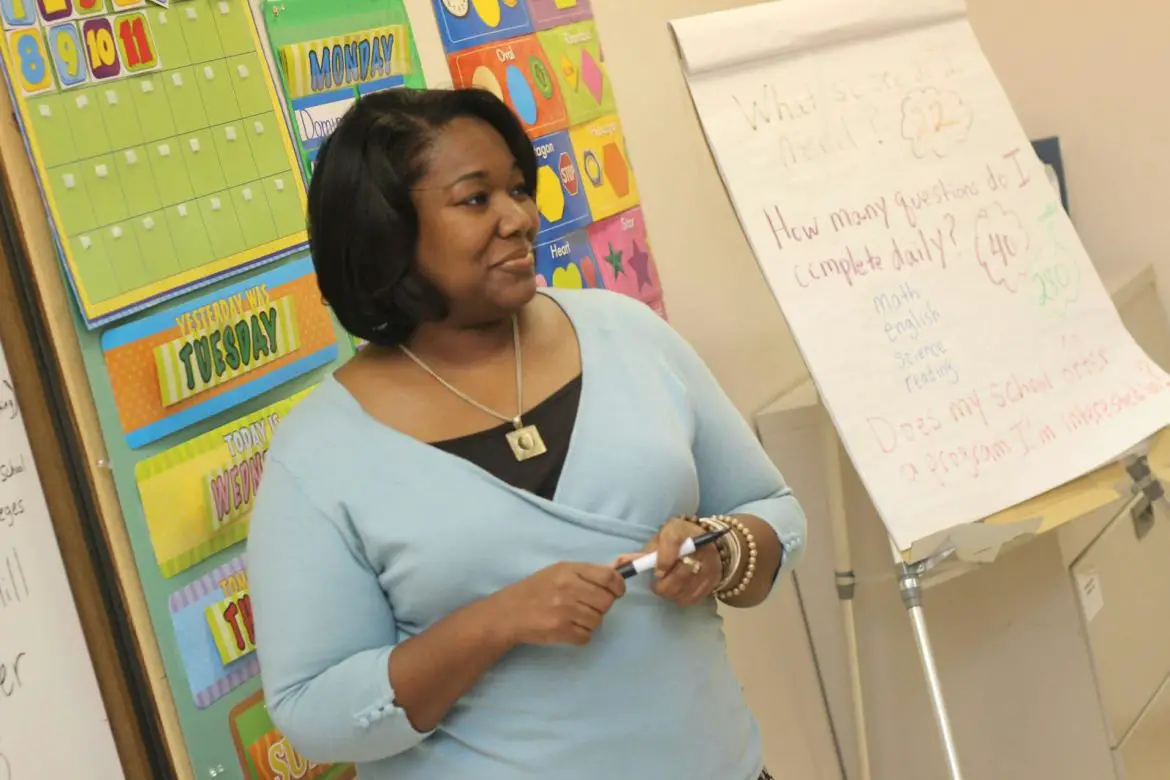Retirement is often discussed as a distant milestone in the working years of any professional, but for teachers – those who passionately shape the minds of future generations – the decision to retire is not just personal, it’s also pivotal to the education community.
The question of ‘when’ to retire is one that carries significant weight, influenced by a multitude of factors spanning financial, personal, and professional facets.
In this comprehensive guide, we address the complexities of retirement for teachers, providing a roadmap towards a well-prepared, fulfilling transition into the next chapter of their lives.
Factors Influencing Retirement Decisions
For educators, the decision to retire is shaped by complex and deeply personal motivations. Financial considerations, including pension calculations and savings goals, are pivotal.
Personal readiness and fulfillment, such as seeing your teaching visions realized or witnessing former students succeed, present an emotional conundrum. And the issuances of health and well-being, as fundamental as they are, cannot be understated.
Reflecting on each factor can help teachers determine the opportune time to retire and pave the way to a secure future beyond the classroom.
-
Financial Considerations
Teaching offers a defined benefit plan that many other professions no longer provide. The structure and intricacies of these plans can profoundly impact a teacher’s long-term financial outlook.
However, proactive planning, including the tracking of pension credits and understanding the implications of timing, is key to a successful transition.
Additionally, for those without significant pension plans, personal retirement savings are a critical piece of the puzzle. Discovering what one’s post-retirement budget looks like is an essential first step in the decision-making process.
-
Personal Readiness and Fulfillment
Teaching is a profession intertwined with personal identity, and for many, satisfaction in one’s work can be an end in itself.
Determining if the time is right emotionally and professionally can be as simple as considering if you’ve achieved your personal milestones and goals in education.
Retirement should represent a new chapter of life, not an escape from career burnout, and ensuring a teacher’s heart is ready for departure is as important as having the financial groundwork in place.
-
Health and Well-being
The adage ‘health is wealth’ carries particular resonance during retirement planning. Retirement health benefits, if not clear and adequate, can cause unnecessary stress.
https://youtu.be/IIQhjapDuPA?si=quSy2VmVlpexV8o-
Conducting a detailed assessment of individual health needs, including potential long-term care costs, is crucial. Furthermore, a focus on mental well-being and the impact of work on personal life can shine a light on when the scales may tip towards retiring.
Challenges in Retirement Planning for Teachers
-
Pension Considerations
Navigating the complexities of pension plans can be overwhelming. Understanding how years of service, highest earning years, and age at retirement interplay is foundational.
Deciding if your pension offers the flexibility you desire in retirement, or if supplemental retirement plans are necessary, is informed by these factors.
-
Transitioning to Post-Retirement Life

Education provides structure, routine, and purpose. Filling these voids post-retirement can prove challenging.
Engaging in hobbies, travel, and part-time work can help fill the gaps and facilitate the transition from a teacher’s schedule to one of more leisure.
-
Mental Preparedness
The prospect of leaving one’s life’s work can be daunting. For some, retirement may even present an identity crisis. Preparing mentally for the change is perhaps the most significant hurdle.
Self-reflection, speaking with retired peers, and engaging in activities that give a glimpse of post-retirement life can greatly alleviate uncertainty.
-
Support Systems for Retiring Teachers
The transition to retirement is rarely a solo endeavor. There exists a myriad of support systems designed to guide teachers towards a successful and fulfilling retirement.
-
Professional Development Opportunities
Continued learning is not only a valuable asset to one’s post-retirement life, but it may also help shape the decision to retire.
Engaging in professional development might include exploring new teaching techniques, preparing for a second career, or learning how to utilize free time to contribute to the community.
-
Community Resources
From senior centers to volunteer opportunities, the community at large offers a wealth of resources to facilitate engagement and structure in retirement.
https://www.pastpapersinside.com/what-are-the-pros-and-cons-of-being-an-english-teacher/
Nurturing social bonds and finding new networks can provide support and satisfaction in the absence of the daily interactions in the classroom.
-
Mentorship Programs
Providing guidance to new educators or even to those deliberating retirement themselves can be its own form of post-retirement engagement.
Mentorship not only imparts knowledge and wisdom but also sustains the invaluable connection to the teaching profession, even as one phases out from active service.
-
Financial Planning for Lifestyle Changes
Accurately forecasting post-retirement expenses and lifestyle changes is a daunting task for many educators. The shift from a steady income to fixed earnings can be significant, and the cost of desired activities in retirement, such as travel or indulging in hobbies, needs careful budgeting.
Teachers must also consider the impact of inflation on their savings and potentially seek financial advice to ensure their nest egg can support their anticipated lifestyle for years to come.
-
Adapting to Technological Advances
In an era of rapid technological change, staying up to date can become challenging for retirees who have distanced themselves from the digital workflows of active employment.
The reliance on technology for managing finances, healthcare, and social engagement can impose a steep learning curve, potentially leading to feelings of frustration or exclusion from modern conveniences and necessary services.
-
Estate and Legacy Planning
Another hurdle is ensuring that one’s estate is in order, which includes drafting wills, setting up trusts, and planning for the distribution of assets.
Educators may also seek to leave a legacy within their educational community, requiring thoughtful planning to support scholarships, endowments, or charitable contributions that align with their personal values and lifetime of work in education.
Conclusion:
Retirement is not a singular event but a dynamic process that unfolds over time. For teachers, this process embodies a unique blend of professional, emotional, and community considerations.
By addressing these facets head-on, educators can confidently approach this new beginning with a mixture of responsibility, readiness, and optimism.
Whether you’re a teacher on the brink of retirement or a mentor to those contemplating it, the insights in this blog can serve as a valuable resource in understanding the multi-faceted landscape of teacher retirement.
It is a phase in life that, when approached with careful planning and consideration, can be as rich and rewarding as one’s years in the classroom.
For those in the teaching profession, contemplating retirement is a profound step that requires careful consideration of numerous factors. It’s a time for reflection, planning, and the anticipation of new beginnings.
By addressing the issues and exploring the support systems outlined in this guide, teachers can take proactive steps toward securing a meaningful, enriching, and well-deserved retirement.




